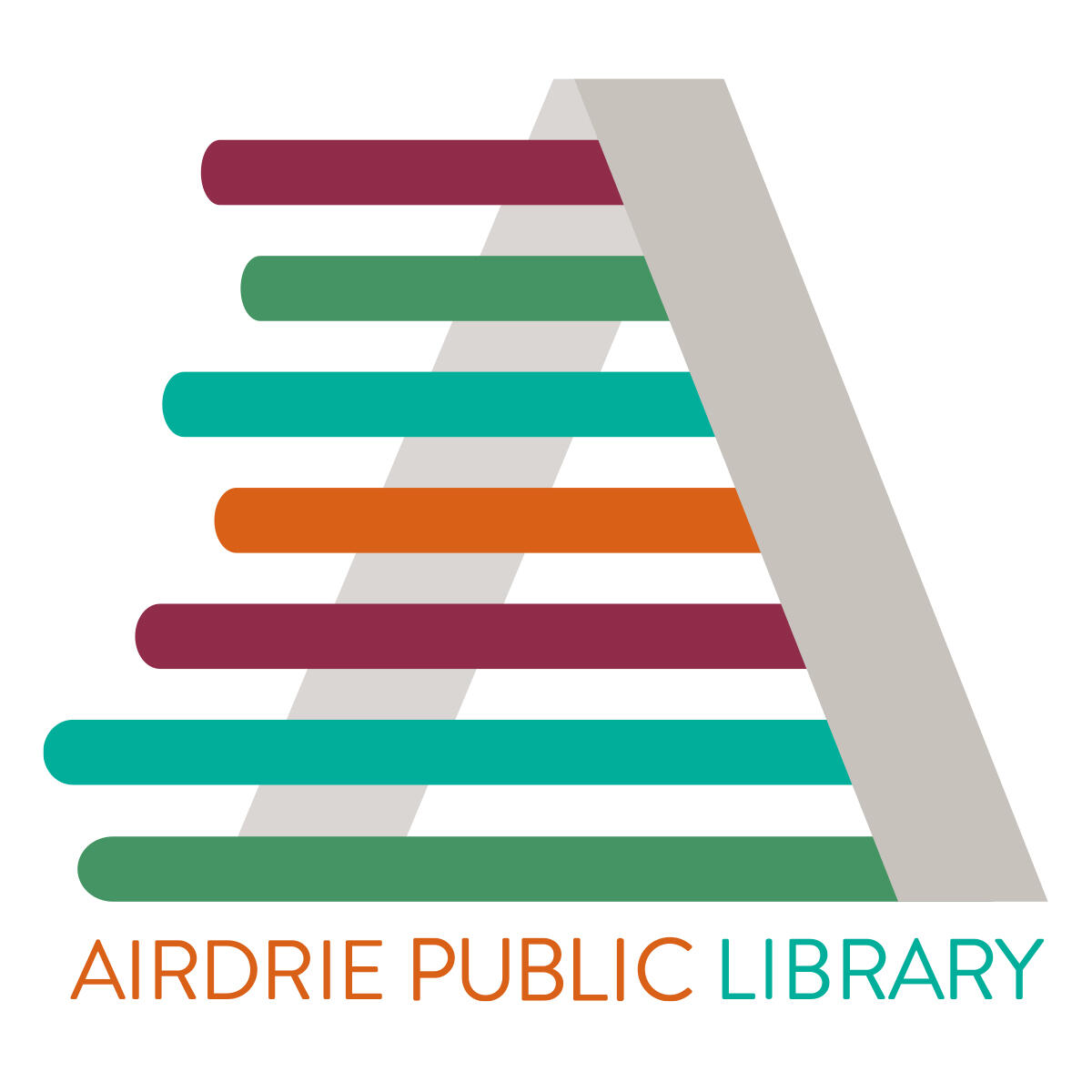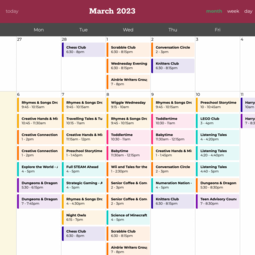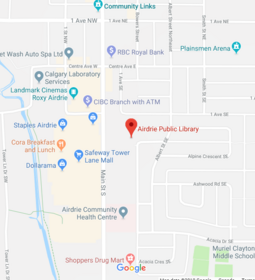Courageous Conversations around Death : what you're dying to know (but are afraid to ask)
Download to Calendar:
Time: 7:00 p.m. - 8:30 p.m.
In partnership with Death Maven
Note: The content of this presentation is raw and real, please know that this information is NOT for everyone.
When we think of the topic of death and dying, we most often gravitate towards the most common images of those words : grave/burial/cremation and the like. However, those ideas could simply identify an abrupt "end point" over which we have no control. What if we had conversations around the "before" of death? I'm not talking about the hours before, I am thinking years before. Could we live our lives right now and make decisions while we are still living and breathing to maybe, just maybe, make that "end point" less scary? Less traumatic? Is there a way that we can "finish our business"? Do we leave behind a mess? A masterpiece? Does it matter? Tonight's unique session will begin your thinking "outside of the casket".
Marilyn aka Death Maven’s experience in the health care of older adults can be broadly categorized into five unique pillars: legacy, environmental, mental health, humor and untangling the words. The topics of "Legacy" and "Untangling the words" will be covered in this presentation.
1) When people think of "Legacy", the image of a name on the side of a building or money left in a will are what pop to mind. However, why is this important to you? Something called a "legacy letter" that accompanies your will can provide your personal thoughts and reasons why you made the decisions you made during your life and also, before your death. It is not a legally binding document but rather a personal letter from you to someone you care about.
Consider that your legacy might also include bequeathing your body to science or organ donation. Bill 205 in Alberta has made organ and tissue donation more accessible for you and your family to understand. Might someone's life being made better from your donation be considered as part of a "legacy"? This gift to someone else is one that is priceless.
Through a real life example, we explore how to use your future obituary to guide your current business and your life.
2) We never think about the complexities of our medical system until we're actually knee deep in the middle of it. In this segment, "Untangling the words", we will go over terms that are used in health care and discuss the difference between long term care, palliative care and hospice care. What are the advantages and disadvantages of having someone die at home instead of selecting the hospice experience? There will be online resources provided for your continued study.
BIO :
Hello, my name is Marilyn. I am an RN, a death care navigator and a fierce advocate for informed decision making. My consulting company, "Death Maven", focuses on Canadian death care navigation and was created so that people can begin to think outside of the casket. |
My first job at 18, right off the farm in Saskatchewan, was working in a long term care facility where one of my duties as a nurse's aid was washing the bodies of the people who died, shroud them and take them to the morgue in the basement. This was my introduction to the profession of nursing. Nearly a half century later (just 4 years short of it!) I have transitioned from hands-on patient care to providing consulting and education services to groups, businesses and organizations who have the need and the desire for authentic communication about death and dying.
I was taking care of sick and dying adults a full TWO decades before Google. This 20-year buffer of "pre-Google" bedside wisdom combined with recent past and current health care realities puts me in a unique position of having seen a bigger picture around death and dying, some of it good and some of it not so much. There is partial information available on social media and, of course, "Dr.Google", however, I can bring an aspect of integration to how we navigate death and dying. Fair warning, though, we even look at humour as a healthy outlet for discussion of death and dying.
The business model of my company, "Death Maven" is called "bedside to boardroom" and focuses on groups, organizations and businesses rather than individuals and families. I deliver significant health care information to decision makers who can then decide if their employees might find it useful. I bring the collective conversations and whispers in dark hospital rooms at 3am, to the daylight of the business office. People typically wait far too long to make life and death decisions. Can conversations initiated in the light of day be a better starting point than scribbles on a yellow notepad in the middle of the night?
In his book, "The 7 Habits of Highly Effective People", habit #2 is "begin with the end in mind". The focus is on business, office leadership and productivity. We work so hard to ensure a successful business. Why don't we plan to ensure a good death?
I will close with a line from the movie "Blackbird": you will die but you can never unlive..
There will be a few handouts. Please bring a notebook and pencil.
Professional Affiliations :
- College of Registered Nurses of Alberta
- Alberta Association of Nurses
- Canadian Nurses Association
- Canadian Association of Self-Employed RN's (Alberta Director)
- Governed by "The Health Professions Act" of Alberta
What you're dying to know Registration
13 reserved • 17 open





